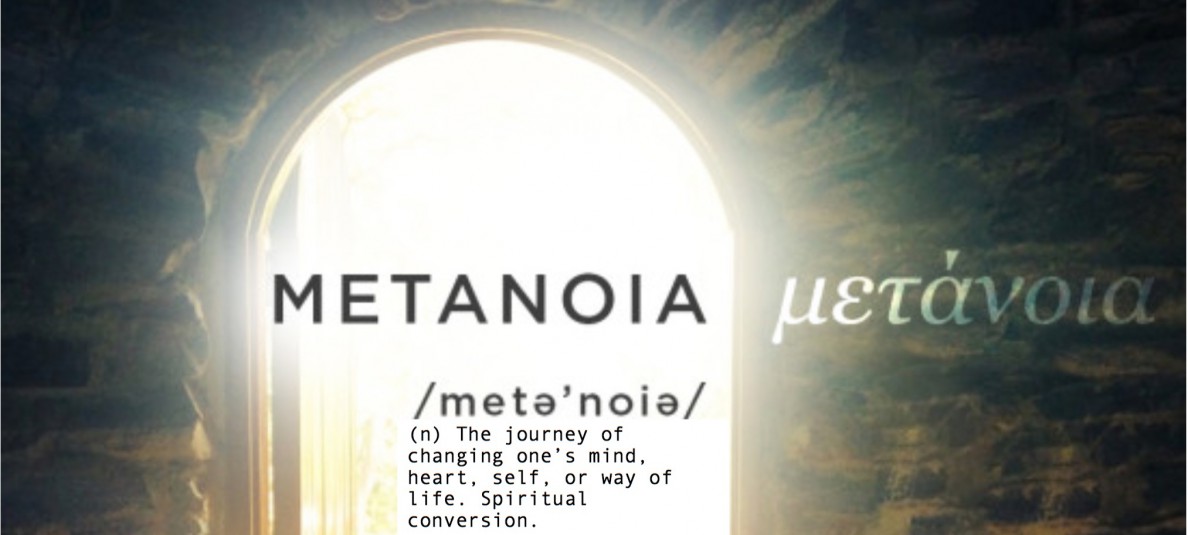Proper 27(B): On Abundance
By: Sarah Harcourt Watts
When I first sat down to read this passage and take some initial notes to write this essay, I walked away from it without a single note written or even a vague idea of what I could say. In particular, the second portion about the widow’s offering seemed difficult to comment on because I couldn’t imagine what I would say about it that didn’t insinuate some level of guilt. The widow in the story gives everything she has to live on when she comes to worship God. Jesus tells us that she has given more than even the rich people who put in large sums because she had so little to start. If the poor widow who gave everything is the model in this story, then what does that mean for me? Is this literally about my financial contribution at church? If so, it left me with this uncomfortable feeling that I’ll never give enough. If I’m supposed to give everything I have to live on, how does Jesus suppose I’ll pay my mortgage next week? Who will pay for my family’s groceries? Surely the Jesus I know and love isn’t asking this of me, I decided. Either I blatantly misunderstood the point, or I just didn’t want to admit that I thought Jesus was asking too much here.
When I sat down to read it again, I did so with the perspective of God’s abundant love for each of us. Knowing that Jesus loves us deeply, how does he want us to respond to this story of giving away all that we have? With this reading, I noticed that the rich people contributed out of their abundance. They did give large sums, but surely not all they had. I wondered how these people who clearly had enough saw their own wealth. Did they feel anxious about what would happen if they gave too much? Did they see their own wealth as limited? Though the widow did not actually have abundant material possessions, maybe she actually saw her own meager possessions as abundant. She had two coins. Maybe that day was the first in many temple visits that she had had anything to give at all! Maybe as she approached the treasury, she put in her two coins not with the anxiety of wondering if she had given too much, but with gladness that she had money to give. Maybe she was the one who gave joyfully, feeling as though her gift was abundant. And, indeed, to Jesus her gift was the most abundant of all. It was worth more to him than the large gifts from those who literally gave out of their abundance.
Thinking about this perspective of abundance reminded me of an article by Glennon Doyle, an author and creator of the online community, “Momastery.” She tells about how she once posted a picture of herself in her kitchen online, and was instantly sent messages with suggestions of how she could update her kitchen. She had liked her kitchen before, but with these suggestions in her mind, she did notice how dated it had become and decided to look into updates. But then, she remembers this passage from Thoreau’s Walden: “I say beware of all enterprises that require new clothes and not a new wearer of the clothes.” She decides to look at her kitchen with the perspective that she already has enough, but only needs to realize it. She then lists the things her kitchen has to offer, which seem ridiculously abundant through her new lens: a refrigerator full of healthy food! A sink with unlimited clean water! A medicine cabinet that only needs to hold vitamins and supplements! A floor for dancing! As she reexamines her kitchen for the abundance that she already has, she declares, “It’s like my family hits the lottery every freaking morning.” The kitchen itself has not changed, but her new perspective has changed everything. Instead of seeing what she lacked, she was able to see just how much she really had.[1] When the widow from our passage obtained the two small copper coins, did she feel like she had won the lottery? Perhaps she felt so overwhelmed by her perceived abundance that her natural inclination was to give it all away.
For me, this passage is an invitation to see what I have as plenty. Applying this passage to our own lives is going to look different for each person. What we have to give, what we need to hold on to, and what feels like abundance to us looks so different for each of us. It certainly could nudge us to give financial gifts more freely to our churches or other causes we support. It could make us want to give of our time or talents in new ways. Most of all, though, this passage leaves me wondering this: How would I live differently if I truly believed I had plenty? In this passage, the giver’s perspective of her own abundance and the intention of her heart mattered more than her actual gift. There is no guilt to be had here, just a freeing sense that we can give abundantly no matter what we may possess.
[1] Glennon, D. (2014, August 11) Give Me Gratitude or Give Me Debt. https://momastery.com/blog/2014/08/11/give-liberty-give-debt/

Sarah Harcourt Watts is the Executive Director of Reading Camp. She is a graduate of Harvard Divinity School. Sarah lives with her husband, Luke, and two children in Lexington, Kentucky. She is a member of Crestwood Christian Church (Disciples of Christ).

One thought on “Proper 27(B): On Abundance”